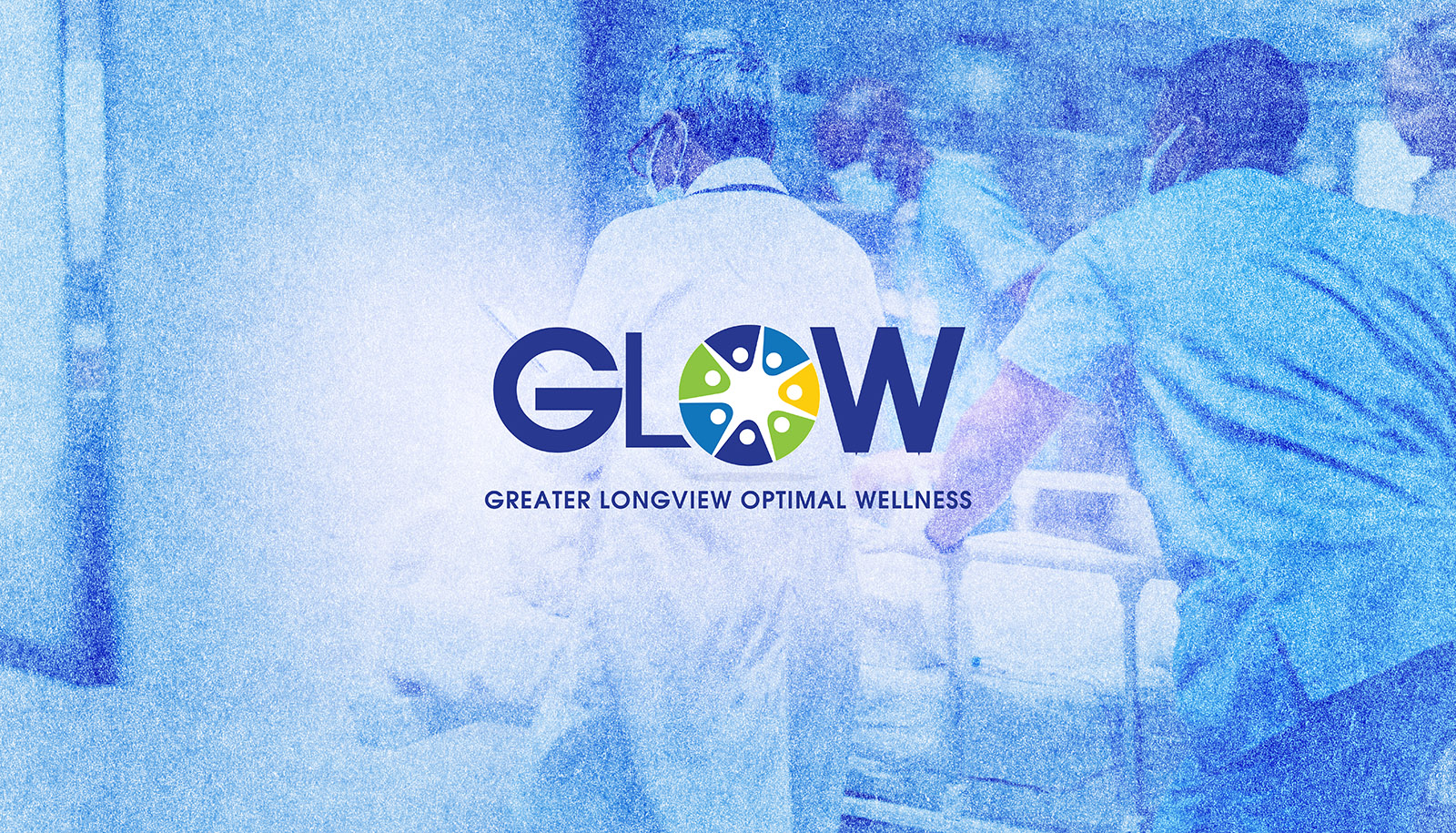
Texas’ Medicaid Managed Care Learning Collaborative: Origin, Contexts, and Key Takeaways from 2024 Efforts
Episcopal Health Foundation (EHF) launched a partnership with key stakeholders more than six years ago to harness the capacity of MCOs in addressing non-medical needs of Medicaid members. The Learning Collaborative’s work has contributed to key legislation and policy changes that advance the NMDOH work of Medicaid MCOs to continually improve the health and well-being of their members.





